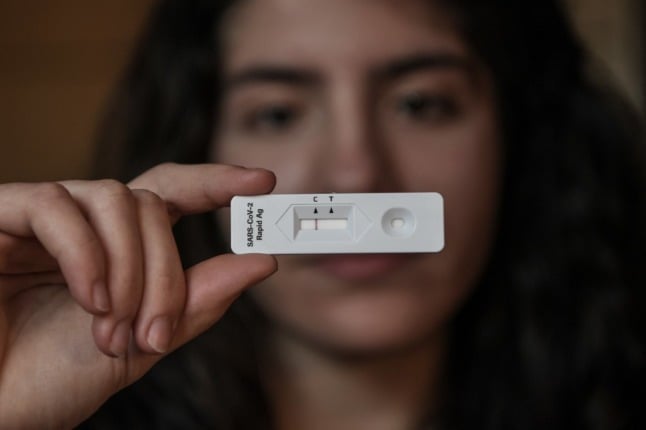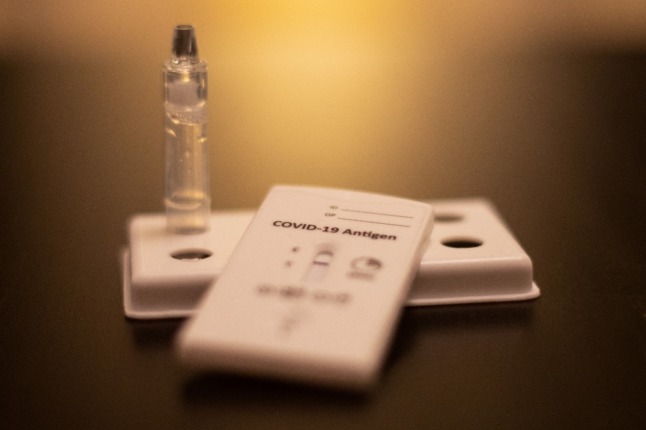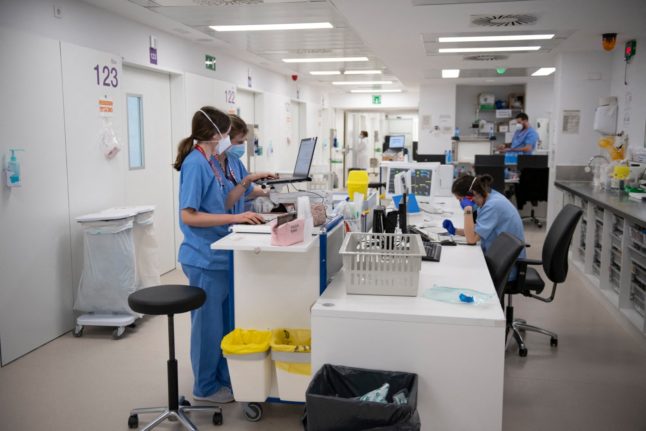After months of insistence from the pharmaceutical sector and regional authorities, Spain’s national government has set a date for the authorisation of sales of Covid test home kits in pharmacies without a prescription.
From July 20th, people in Spain will be able to buy these tests at chemists around the country that have them in stock.
But can these self-test kits – which are likely to cost between €5 and €10 – be used by travellers to prove that they don’t have Covid-19, and can the results be added to Spain’s Digital Covid Certificate? Will unvaccinated travellers be able to use them to travel nationally or internationally?
Spain’s Health Ministry is yet to confirm if self-test kits will be usable for travel, but ultimately this decision will rest on the regions to decide.
That’s the reason why Spain’s two archipelagos – the Canary Islands and the Balearic Islands – have been able to require Covid tests from the regions in mainland Spain that they deem to pose a risk of bringing in new infections.
Reader question: Do I need a Covid test to travel to another region in Spain this summer?
Covid-19 self-test kits have been around for some time in a number of EU countries such as Germany and Portugal where they have been accepted to access certain premises, hotels and shops, but not for travel between regions or abroad.
No EU country currently accepts self-test kits as a recognised means of proving Covid health status for foreign tourists.
The self-test kits that will be sold at pharmacies are rapid antigen tests (also antibody tests but these don’t detect the virus and require a PCR).
 Photo: Louisa GOULIAMAKI / AFP
Photo: Louisa GOULIAMAKI / AFP
Spain accepts proof of a negative antigen test from EU/EEA travellers as do the Canary Islands and the Balearic Islands for travellers from mainland Spain, but the reliability of these tests has been called into question by several studies, with PCR tests considered more effective at detecting Covid-19.
A study carried out last month in Ireland found that the Abbott self-test kit had an accuracy rate of 52 percent, and test subjects collected their own swabs under the supervision of professionals.
According to British medical research body Cochrane, “in people with confirmed COVID-19, antigen tests correctly identified COVID-19 infection in an average of 72 percent of people with symptoms, compared to 58 percent of people without symptoms”.
There’s also the fact that a self-diagnosis test performed at home doesn’t get you an official document confirming you tested negative for Covid-19 as antigen tests performed by clinics and labs do.
Spain’s Health Ministry is currently deciding on its MO for incorporating the results of self-test kits into its health database.
All in all, it seems highly unlikely that Spain, its regions and other countries in the EU and elsewhere will accept self-test kit results as a valid means for unvaccinated travellers to prove they do not have Covid-19.
We will keep you informed once this has been confirmed by Spanish health authorities.
READ ALSO:



 Please whitelist us to continue reading.
Please whitelist us to continue reading.
Member comments